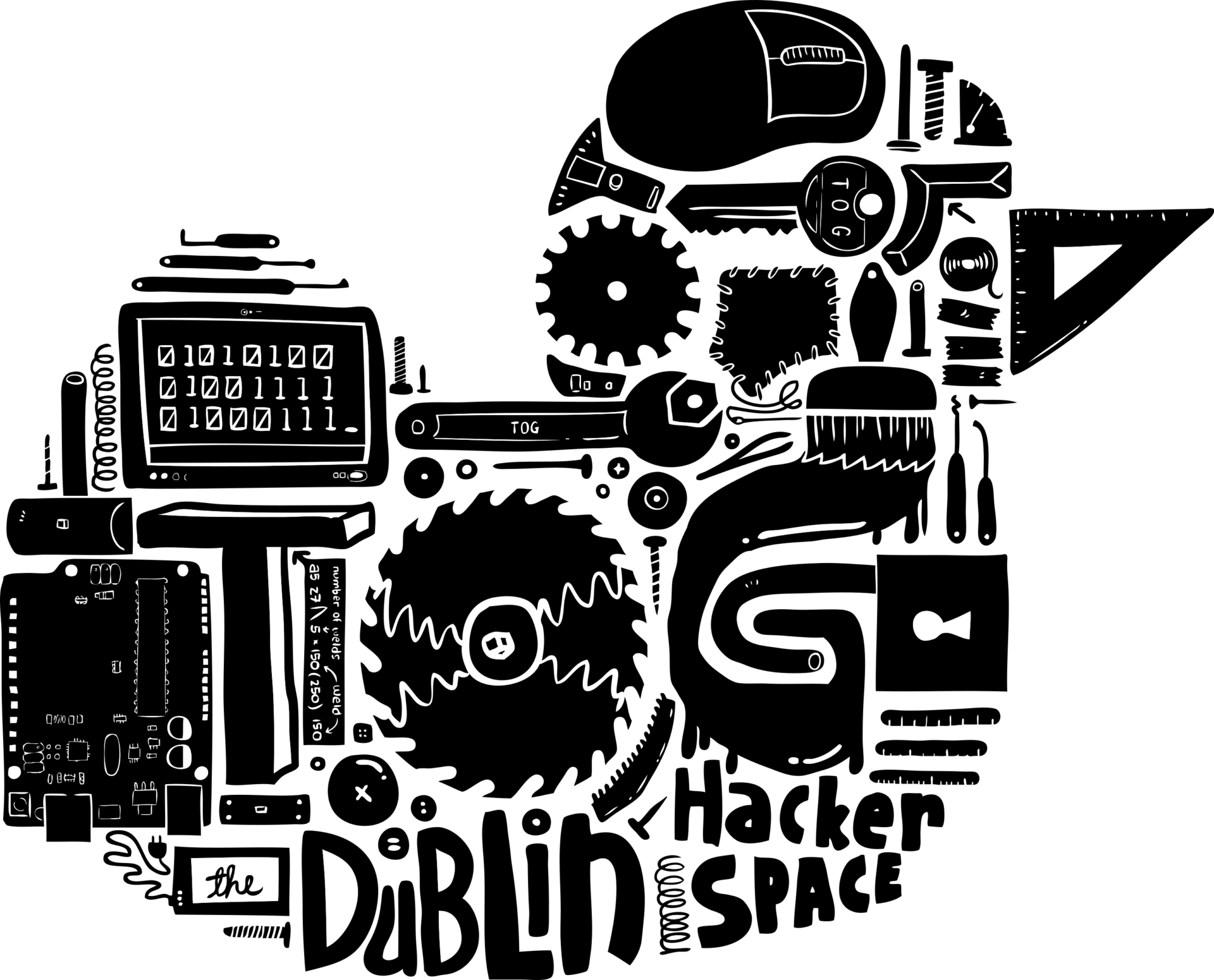
Are you fascinated by space and want to learn how to receive data from satellites and weather probes? Join us in this TinyGS Station Workshop where you’ll build and program your ground station and antenna to receive data from space. This hands-on, beginner-friendly workshop is perfect for anyone interested in radio, electronics, IOT, antenna design, and space exploration.
About TinyGS: TinyGS is an open community-run network of Ground Stations distributed around the world to receive and operate LoRa satellites, weather probes and other flying objects, using cheap and versatile modules. With a TinyGS ground station, you can receive data from a variety of sources, such as CubeSats.
What You’ll Learn: During the workshop, you’ll learn how to build and program a TinyGS ground station and a quarter-wave ground plane antenna. No prior experience is required, and we’ll provide all the necessary materials, tools, and equipment to guide you through the process.

Materials Provided: All necessary materials, tools, and equipment will be provided for the workshop, including a quarter-wave ground plane antenna kit, a TinyGS base station kit, and a USB cable. You don’t need to bring anything except a WiFi device(computer or phone) configure and create a Telegram account. At the end of the workshop, you’ll take home your very own TinyGS ground station and antenna. You’ll be able to use your ground station to receive data from satellites and other flying objects and explore the fascinating world of space and radio. If you have any questions or want to continue learning after the workshop, we’re here to help.
Morning Session – Sold Out
Date: Sunday 12th of November 11am to 1pm
Location: Tog Hackerspace, Unit 1B Motor City, Kylemore Road, Dublin 12, D12 CF6V
Cost: €80 plus fees. Profit from ticket sales goes to fund Tog.
Ticket Link: https://www.eventbrite.ie/e/build-your-own-satellite-ground-station-tickets-737831222047
Afternoon Session
Date: Sunday 12th of November 2pm to 4pm
Location: Tog Hackerspace, Unit 1B Motor City, Kylemore Road, Dublin 12, D12 CF6V
Cost: €80 plus fees. Profit from ticket sales goes to fund Tog.
Ticket Link: https://www.eventbrite.ie/e/build-your-own-satellite-ground-station-afternoon-session-tickets-750618739857

This event is to coincide with Science Week which runs from 12-19 of November. Events are happening all over the country. Visit scienceweek.ie for more.







